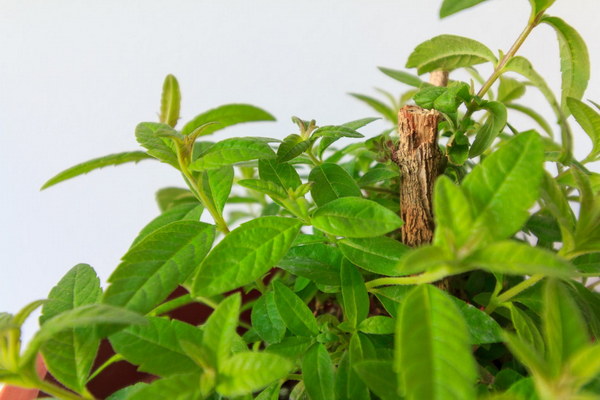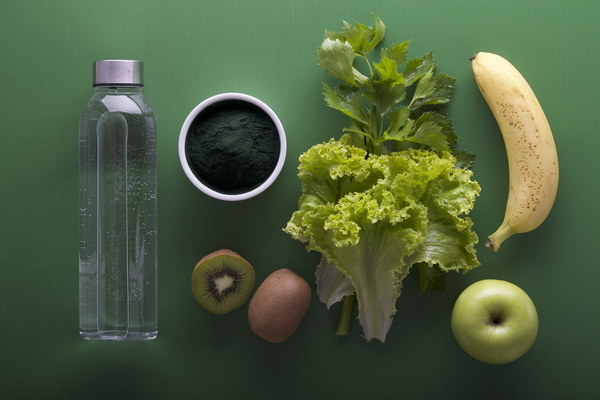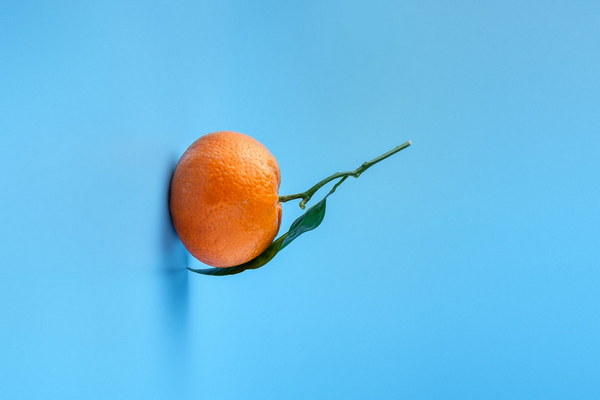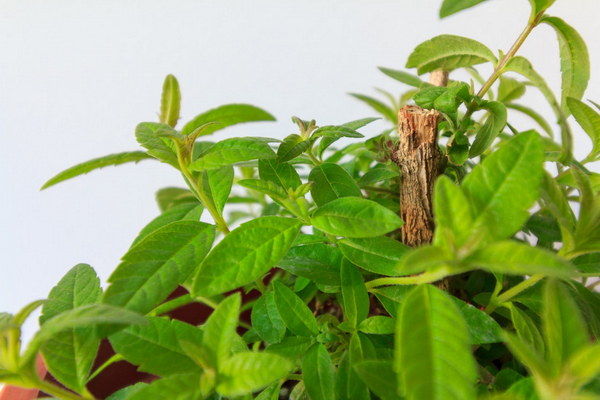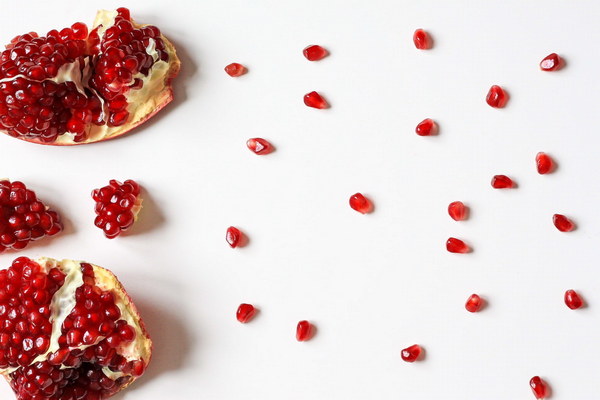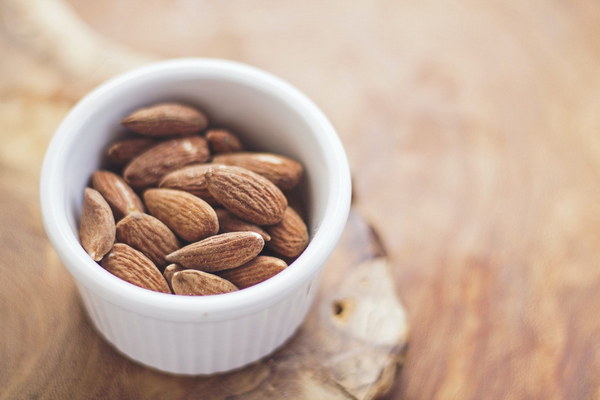Does Single Herbs Work in Removing Dampness
In traditional Chinese medicine (TCM), dampness is considered a common and pervasive problem that affects the body's balance and health. Many individuals seek relief from dampness-related symptoms, and one of the most popular methods is the use of single herbs. But does single herbs really work in removing dampness? In this article, we will explore the effectiveness of using single herbs to combat dampness in TCM.
Firstly, let's understand what dampness is in TCM. Dampness is a concept in TCM that refers to an excess of dampness in the body, which can lead to various health issues such as fatigue, weight gain, edema, and digestion problems. It is believed that dampness is caused by an imbalance in the body's Yin and Yang, and the excess dampness can block the flow of Qi (vital energy) and lead to various health problems.
Single herbs, as the name implies, are individual herbs used to treat specific health issues. In the case of dampness, there are several herbs that are commonly used in TCM to help remove dampness and restore balance. Some of the most popular single herbs for treating dampness include:
1. Atractylodes macrocephala (Cang Zhu): This herb is often used to treat dampness-related symptoms such as fatigue, bloating, and weight gain. It is believed to help drain dampness and improve digestion.
2. Alisma orientale (Zi Xiao Cao): Alisma is another herb that is often used to remove dampness and improve digestion. It is believed to help eliminate dampness and alleviate symptoms such as edema and weight gain.
3. Poria cocos (Fu Ling): Poria is a common herb used in TCM to treat dampness. It is believed to have diuretic properties and can help reduce edema and alleviate dampness-related symptoms.
4. Phellodendron amurense (Huang Bai): This herb is used to treat damp-heat conditions, which are characterized by symptoms such as dampness and heat, such as fever, itching, and skin rashes.
The effectiveness of single herbs in removing dampness is based on their specific properties and actions in the body. For example, Atractylodes macrocephala (Cang Zhu) is known for its ability to drain dampness and improve digestion, while Alisma orientale (Zi Xiao Cao) is believed to have diuretic properties that can help eliminate dampness.
However, it is important to note that the effectiveness of single herbs in treating dampness can vary from person to person. TCM emphasizes personalized treatment based on individual constitution and specific symptoms. Therefore, it is crucial to consult with a qualified TCM practitioner to determine the most suitable single herbs for your specific condition.

Moreover, the use of single herbs should be combined with other TCM practices, such as dietary adjustments, lifestyle changes, and herbal formulas, to achieve the best results. While single herbs can be beneficial in removing dampness, they should not be used in isolation.
In conclusion, single herbs can indeed be effective in removing dampness and improving overall health in TCM. However, it is essential to consult with a qualified TCM practitioner to ensure the proper diagnosis and treatment plan. By combining the use of single herbs with other TCM practices, individuals can achieve a more balanced and healthy state.
